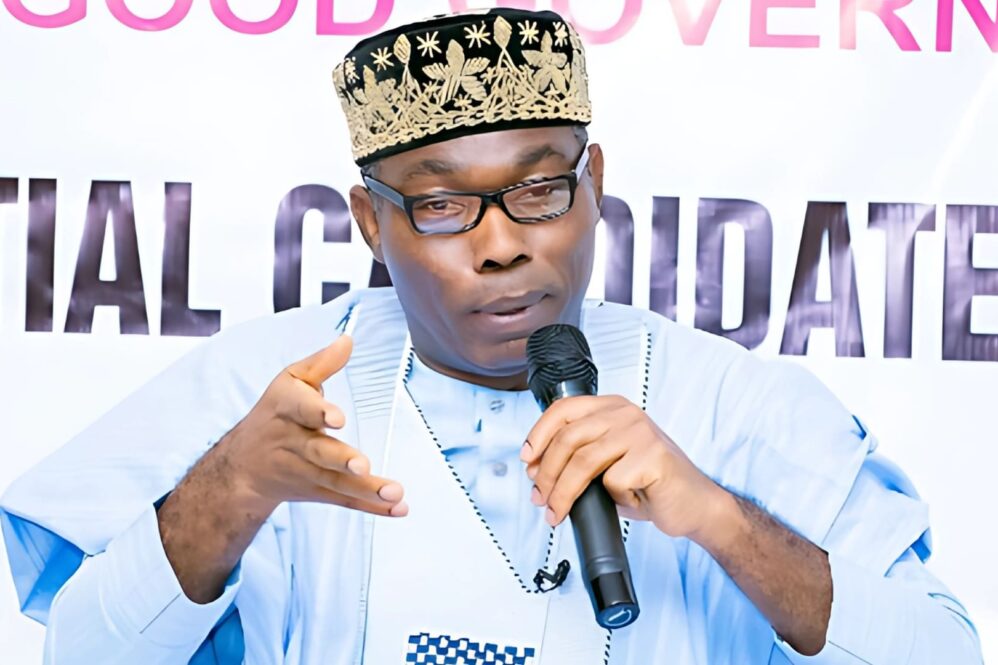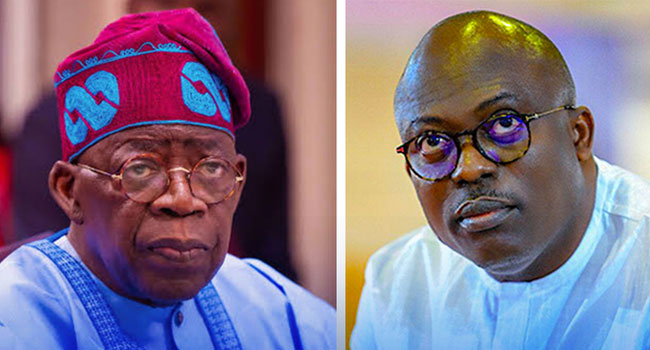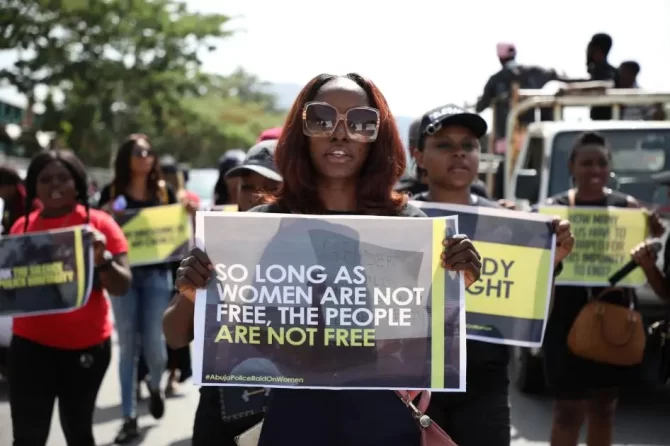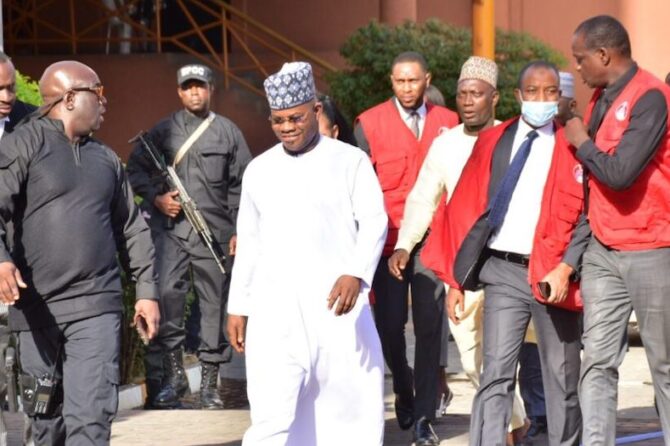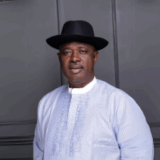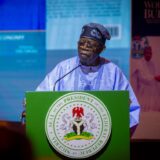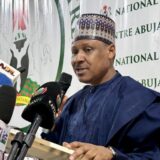Former Candidate Adewole Adebayo Calls for Comprehensive Evaluation of Tax Policies Amid Economic Challenges
A former presidential candidate Adewole Adebayo has recently criticized the ongoing tax reforms in Nigeria, asserting that these changes are irrelevant to the immediate needs of the citizens. This critique emerges at a time when Nigeria is facing significant economic challenges that require urgent attention and effective solutions.
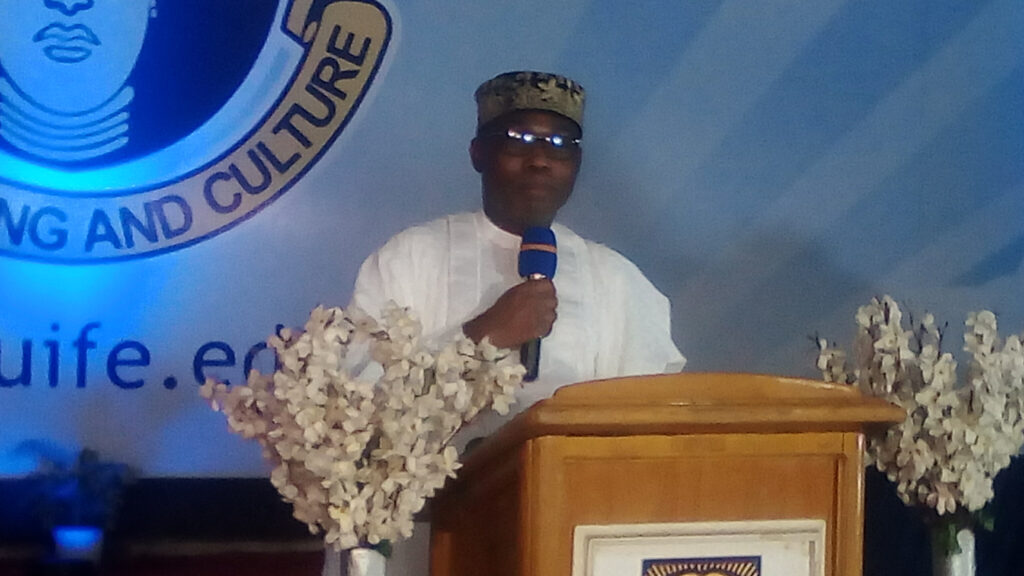
The candidate emphasized a notable disconnect between the government’s tax reform initiatives and the pressing concerns faced by ordinary Nigerians. As inflation continues to rise and economic instability prevails, many people are struggling with financial pressures. In this context, the candidate argues that the government should prioritize tax reforms that directly address the hardships experienced by the average citizen.
Moreover, the Adewole Adebayo advocates for a more inclusive dialogue regarding tax policies. They stress the importance of engaging various stakeholders, including business owners, economists, and civil society organizations. By involving these groups, the government can gather insights that reflect the diverse experiences of Nigerians. This collaboration could lead to the development of tax policies that are both equitable and responsive to the population’s needs.
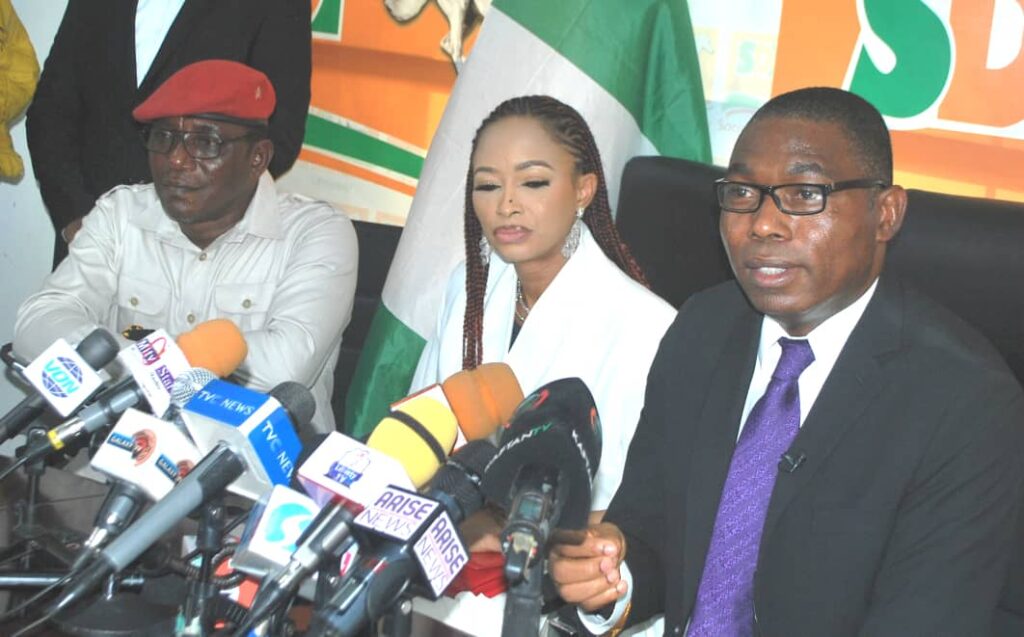
In analyzing Nigeria’s economic landscape, the candidate pointed out several urgent issues that require immediate action. Unemployment remains a critical challenge, particularly for the youth, who struggle to secure stable jobs. Additionally, the rising cost of living leaves families grappling with limited financial resources. Given this backdrop, the former candidate insists that tax reforms should create an environment conducive to job creation and support local businesses.
The candidate also discussed the potential consequences of ineffective tax policies. If the government continues to implement reforms that do not resonate with citizens’ realities, public discontent may escalate. This disconnect may foster a sense of mistrust towards the government and undermine efforts to enhance tax compliance. Therefore, it is crucial for tax reforms to reflect the lived experiences of the people.
To address these pressing concerns, the former candidate proposed several solutions aimed at revitalizing the tax reform agenda. One suggestion involves simplifying the tax code to make it more accessible and understandable for taxpayers. By reducing bureaucratic hurdles, compliance with tax regulations would become easier for individuals and small businesses alike. Furthermore, targeted tax incentives for sectors with growth potential could stimulate investment and generate jobs.
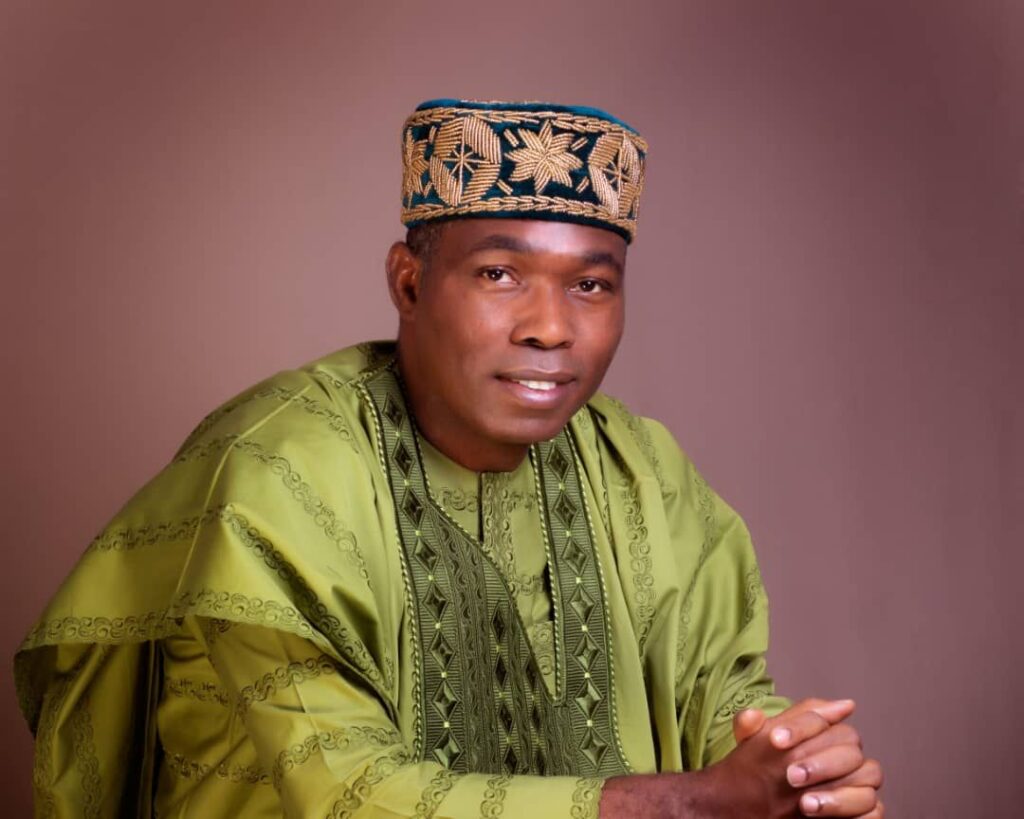
Additionally, the Adewole Adebayo stressed the importance of transparency and accountability in the tax reform process. Citizens deserve access to information about how tax revenues are utilized and the impact of tax policies on their communities. By fostering transparency, the government can build trust and encourage active participation from citizens in the tax reform dialogue.
Addressing regional disparities in tax policies is another critical aspect of the proposed reforms. The former candidate noted that different regions in Nigeria experience varying levels of economic development. Consequently, a one-size-fits-all approach to tax reforms may not be effective. Tailoring policies to accommodate the unique challenges faced by different regions will ensure that the reforms benefit all Nigerians equitably.
In conclusion, the former presidential candidate’s critique of Nigeria’s current tax reforms highlights the urgent need for a comprehensive evaluation of tax policies. As the nation faces economic difficulties, it is crucial for the government to prioritize reforms that directly address the immediate needs of its citizens. By fostering inclusive dialogue, enhancing transparency, and tailoring policies to regional contexts, Nigeria can establish a tax system that supports economic growth while alleviating burdens on the population.
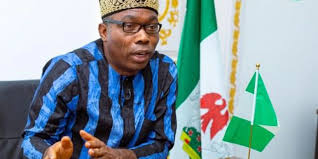
As discussions around tax reforms continue, it is essential for all stakeholders to engage in meaningful conversations that reflect the realities of Nigerians. Only through collaboration and a shared commitment to addressing the needs of the populace can the government create a tax framework that fosters trust and drives economic prosperity.
What are your thoughts on the current tax reforms in Nigeria? How do you believe they can be improved to better serve the citizens? Join the discussion and share your insights.


